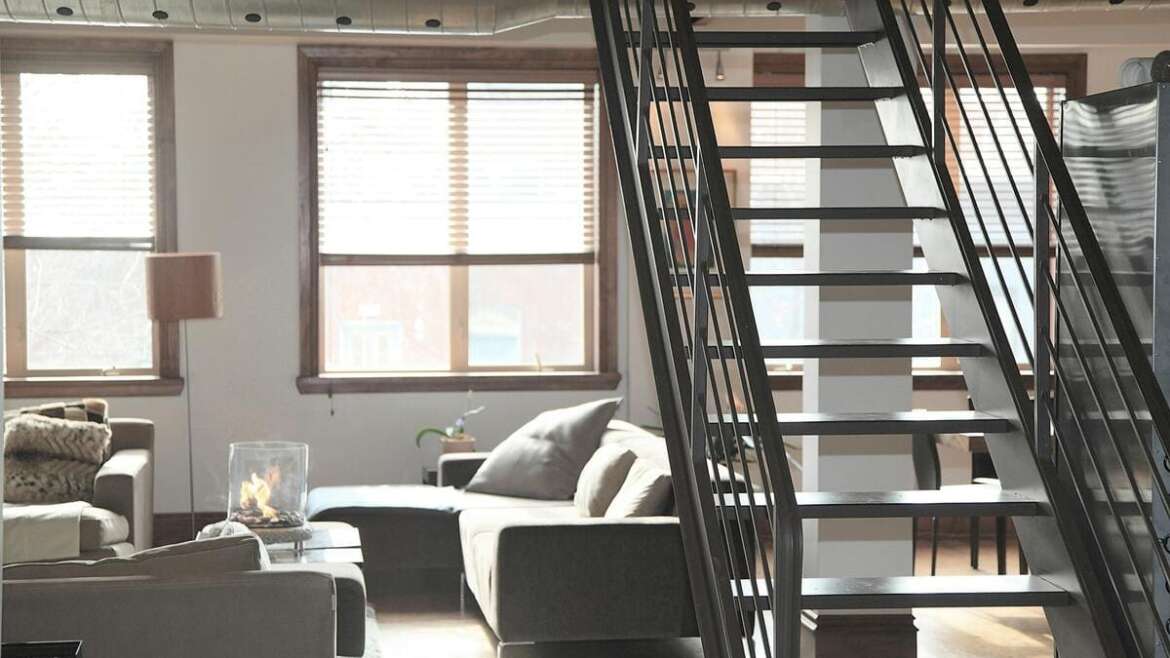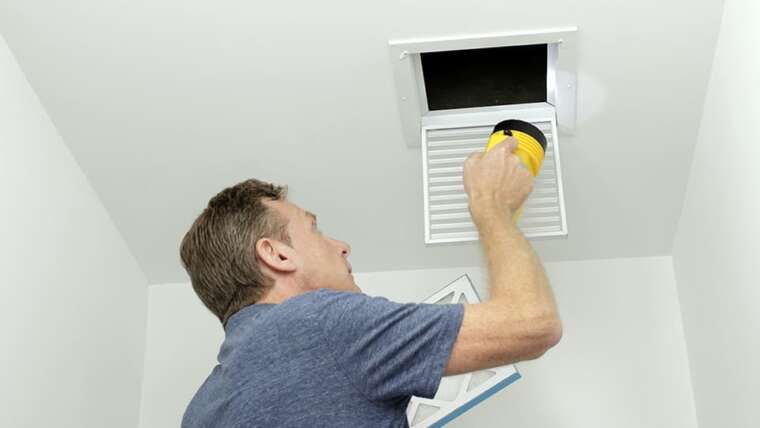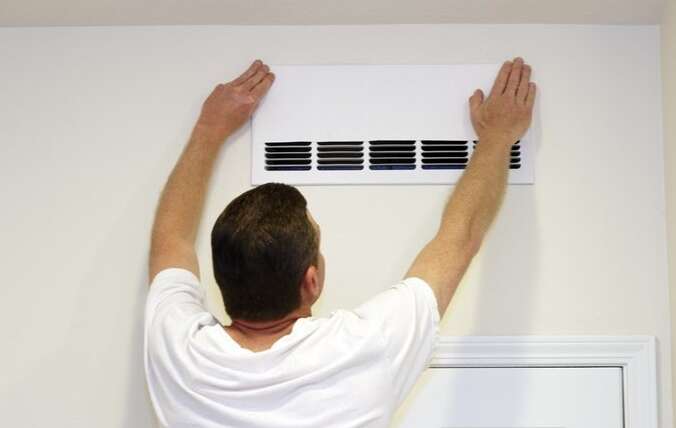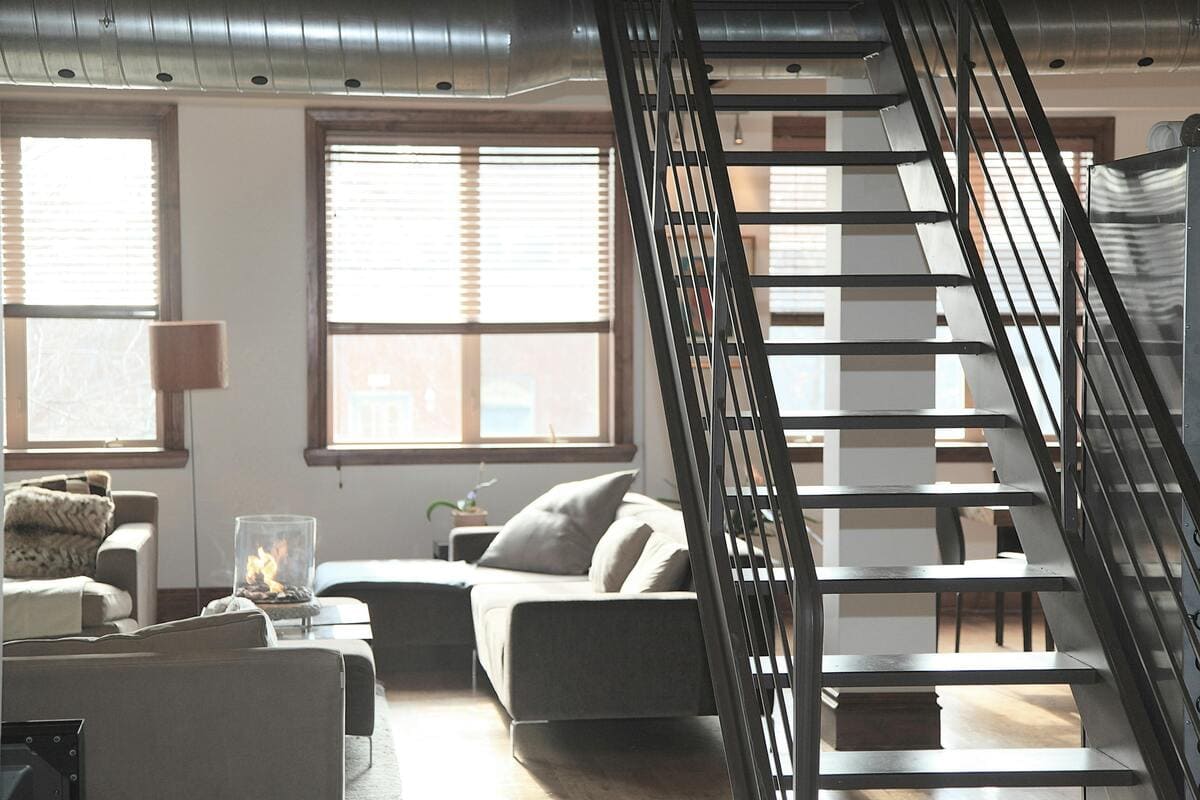
If you or a family member struggles with allergies, you know how frustrating it can be to deal with constant sneezing, itchy eyes, and congestion. What you may not realize is that your HVAC system plays a major role in circulating allergens throughout your home.
Over time, dust, pollen, pet dander, mold, and other irritants can accumulate in your ductwork, triggering allergic reactions. The good news? A professional residential air duct cleaning can significantly reduce these allergens, improving indoor air quality and helping you breathe easier.
In this article, we’ll break down the connection between air duct cleaning and allergies, explain how duct cleaning works, and highlight the key benefits for allergy sufferers.
How Dirty Air Ducts Can Make Allergies Worse
1. Air Ducts Circulate Allergens Throughout Your Home
Your HVAC system continuously pulls in air, heats or cools it, and then redistributes it throughout your home. If your ducts are filled with dust, pollen, mold spores, or pet dander, these allergens get recirculated, triggering symptoms.
This can be especially problematic in homes with:
✔ Pets that shed fur and dander
✔ High indoor humidity that encourages mold growth
✔ Areas with heavy pollen seasons
✔ Residents who have asthma or severe allergies
2. Mold and Mildew Growth in Ductwork
Can dirty air ducts cause allergies? Absolutely—especially if mold is involved. Moisture inside ducts creates the perfect environment for mold and mildew growth. When mold spores become airborne, they can trigger respiratory issues and allergy symptoms.
If you notice musty odors when your HVAC system runs, it might be time for HVAC mold removal and professional duct cleaning.
3. Dust and Debris Buildup
Over time, dust, pet hair, and other debris accumulate in ductwork, forming a breeding ground for allergens. If you notice more dust settling on furniture or increased allergy symptoms indoors, dirty ducts could be the culprit.
A thorough HVAC furnace cleaning and duct sanitization can remove these irritants, improving your home’s air quality.
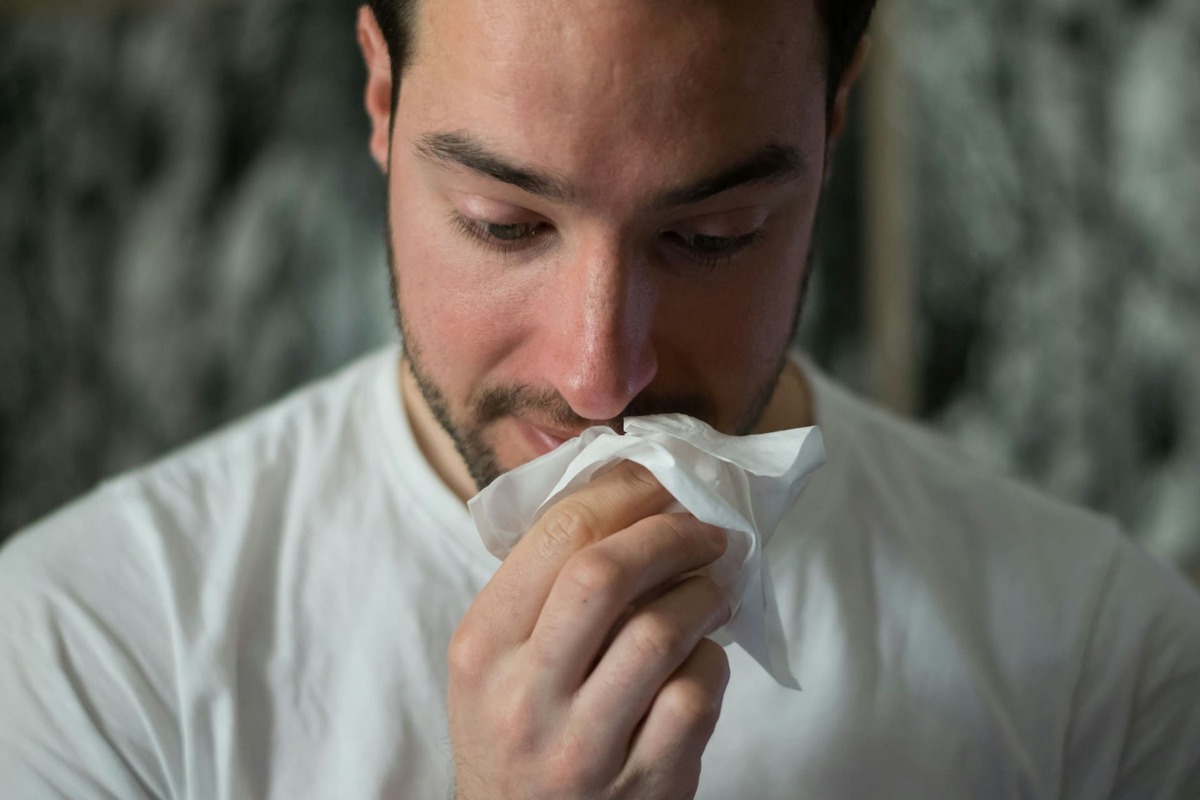
Does Air Duct Cleaning Help with Allergies?
Yes! Professional duct cleaning for allergies removes built-up dust, allergens, and mold, leading to cleaner air and fewer allergy flare-ups. Here’s how it helps:
1. Reduces Airborne Allergens
A professional air duct cleaning service eliminates common allergens trapped in your duct system, including:
✔ Pollen
✔ Dust mites
✔ Pet dander
✔ Mold spores
✔ Bacteria and viruses
By removing these irritants, you’ll experience less sneezing, congestion, and itchy eyes—especially during allergy season.
2. Improves Indoor Air Quality
Poor indoor air quality can make allergy symptoms worse. Dusty ductwork contributes to stale air, musty odors, and an increased presence of airborne particles.
Routine HVAC sanitizing and HVAC UV light installation can help eliminate bacteria, mold, and germs, ensuring a healthier home environment.
3. Enhances HVAC Efficiency
When ducts are clogged with dust and debris, your HVAC system has to work harder to circulate air. This not only increases energy bills but also reduces filtration efficiency, allowing more allergens to linger in the air.
A clean HVAC system improves airflow and allows HVAC air filter replacement to work more effectively in trapping dust and allergens.
4. Prevents Allergy Symptoms from Getting Worse
Some people report their allergies worse after duct cleaning, but this is usually a temporary effect caused by loose dust being stirred up during the process. A reputable duct cleaning service will use high-powered vacuums and containment techniques to prevent allergens from re-entering your home.
Once the cleaning is complete, allergy sufferers often notice a significant improvement in their symptoms.
How Often Should You Get Your Air Ducts Cleaned for Allergies?
The National Air Duct Cleaners Association (NADCA) recommends professional air duct cleaning every 3 to 5 years, but allergy sufferers may benefit from more frequent cleanings, especially if:
- You have pets that shed fur and dander
- Someone in your household has asthma or severe allergies
- You live in an area with high pollen counts
- Your home has experienced water damage or mold issues
For additional protection, consider installing an HVAC UV light to neutralize airborne bacteria and allergens between cleanings.

Additional Ways to Reduce Allergens in Your Home
1. Change Your HVAC Air Filters Regularly
Replacing your HVAC air filter every 1-3 months helps trap dust and allergens before they enter your ductwork. High-efficiency HEPA filters are best for allergy sufferers.
2. Keep Your Home Clean and Dust-Free
Regular vacuuming, dusting, and washing bedding can help minimize indoor allergens. If you have pets, brush them frequently to reduce shedding.
3. Maintain Proper Humidity Levels
Too much humidity encourages mold growth, while dry air can worsen allergy symptoms. Using a humidifier or dehumidifier can help maintain a comfortable indoor environment.
4. Schedule Regular Dryer Vent Cleaning
Lint and debris from dryer vents can contribute to indoor air pollution. A professional dryer vent cleaning can prevent buildup and improve air quality.
Final Thoughts: Breathe Easier with Professional Air Duct Cleaning
If you’ve been struggling with persistent allergies, your HVAC system could be part of the problem. A professional air duct cleaning removes allergens, improves air quality, and helps create a healthier home.
Ready to Improve Your Indoor Air Quality?
Schedule an air duct cleaning with ProMaster Air Duct Cleaning today and start breathing easier!
FAQs
1. Does vent cleaning help with allergies?
Yes! Cleaning your vents and ducts removes allergens like dust, pollen, and mold, leading to improved air quality and fewer allergy symptoms.
2. Can dirty air ducts cause allergies?
Absolutely. Dust, pet dander, mold, and other allergens trapped in ductwork can circulate throughout your home, triggering allergic reactions.
3. How often should I clean my air ducts if I have allergies?
If you suffer from allergies, schedule air duct cleaning every 2-3 years or more often if you have pets, high dust levels, or a mold issue.
4. Are my allergies worse after duct cleaning?
Some people may notice a temporary increase in symptoms due to loose dust being stirred up. However, this effect is short-lived, and overall air quality will improve significantly.
Category:
All PostsAllergenic Substances
